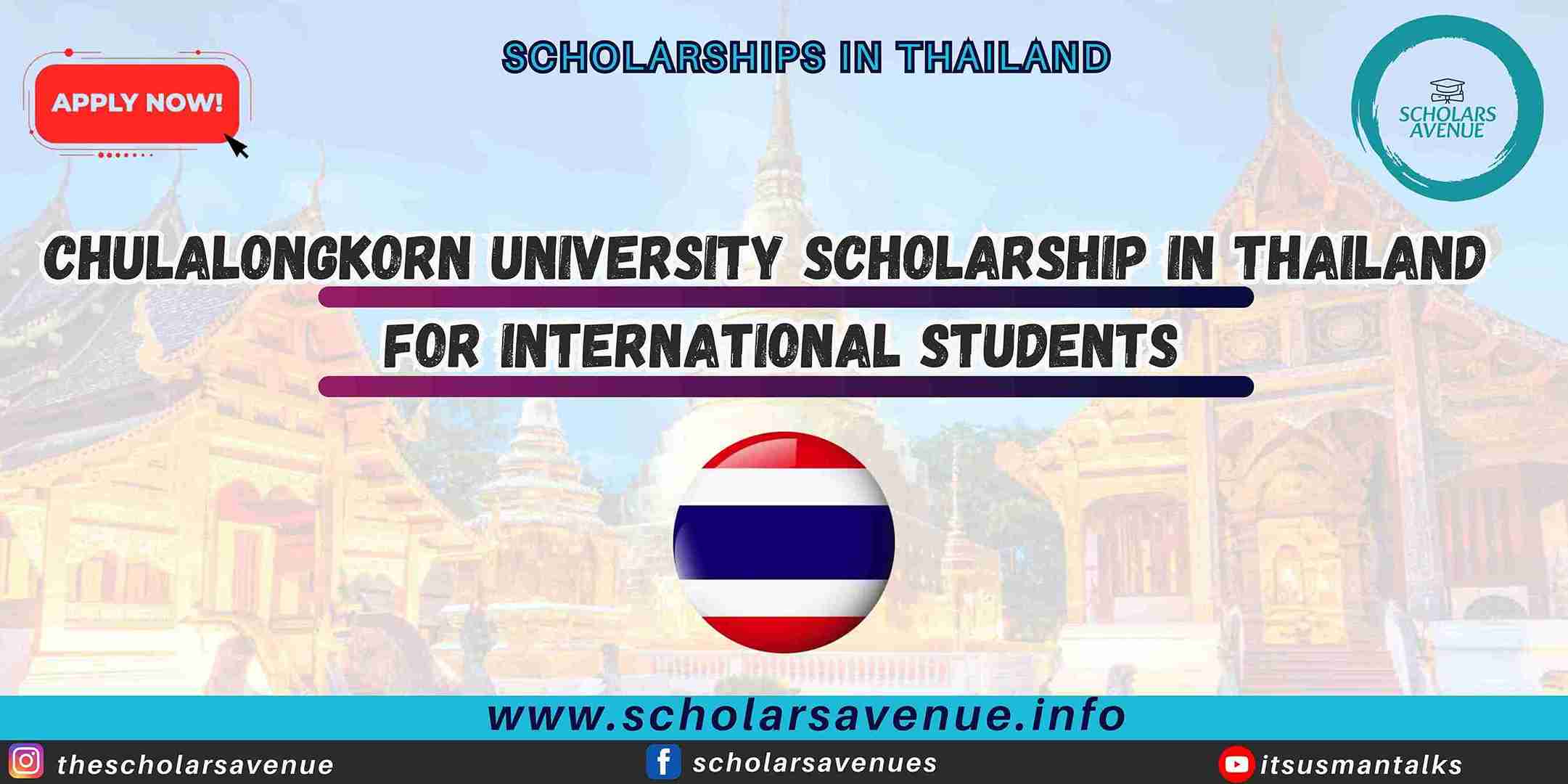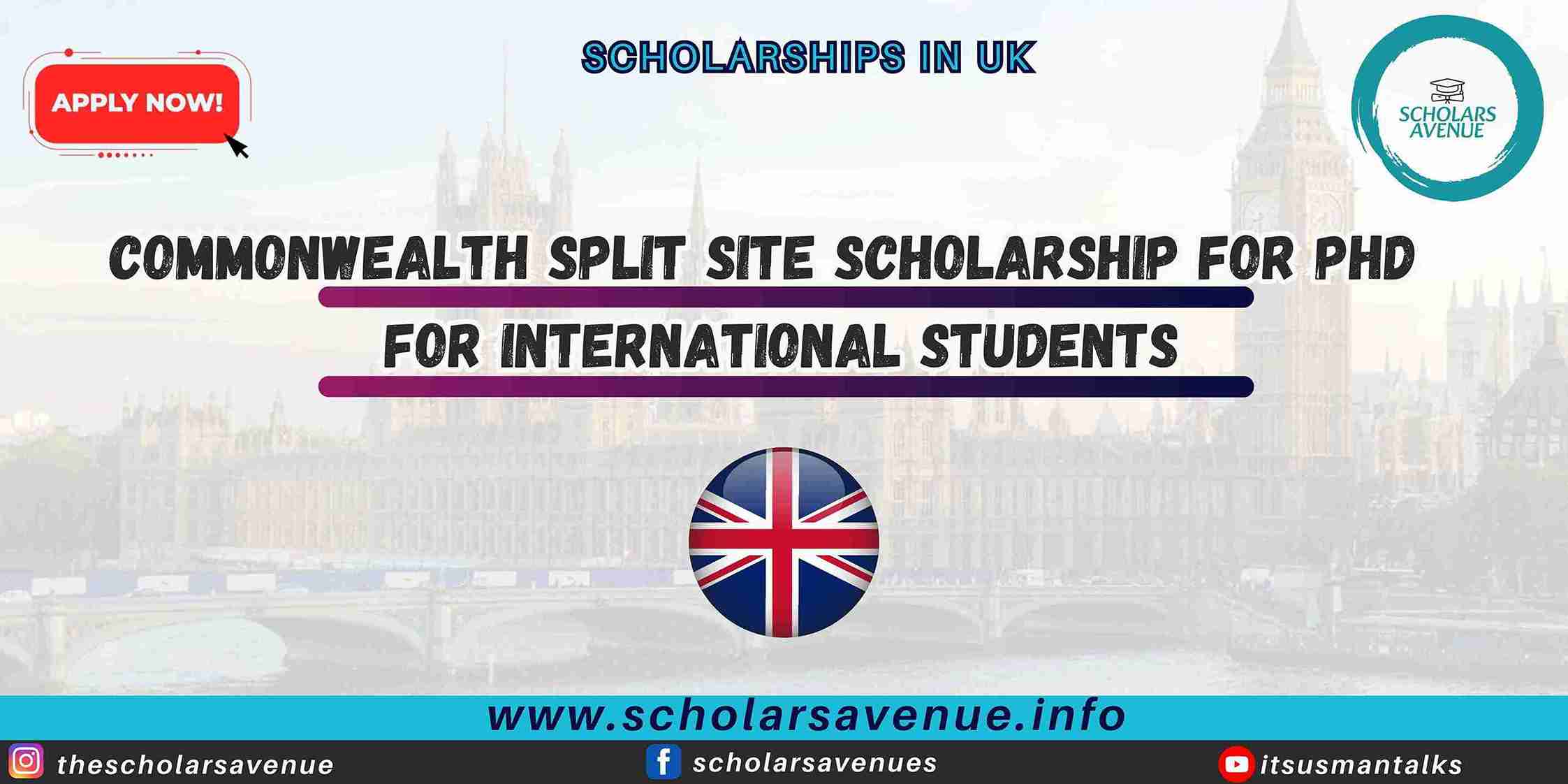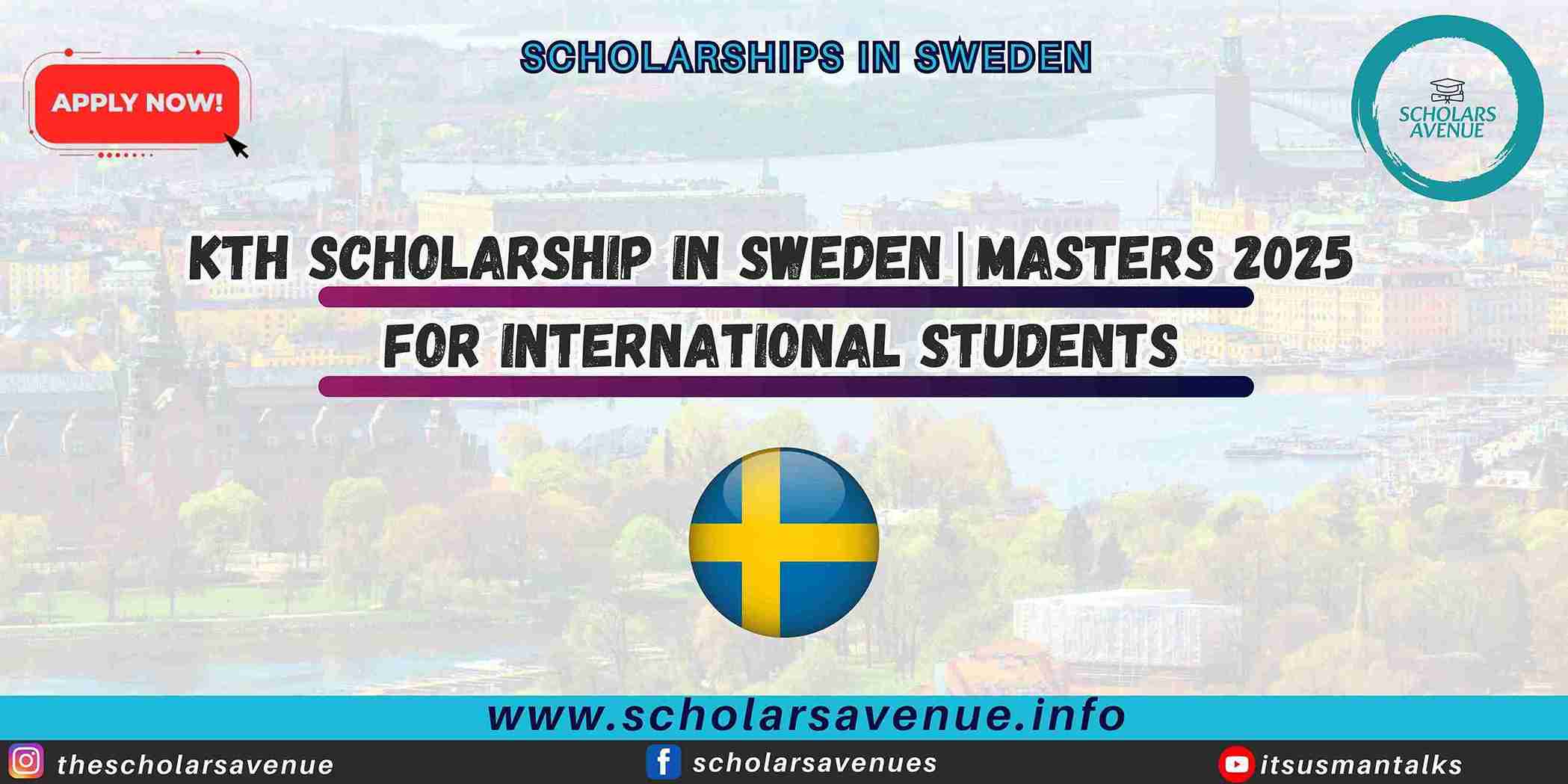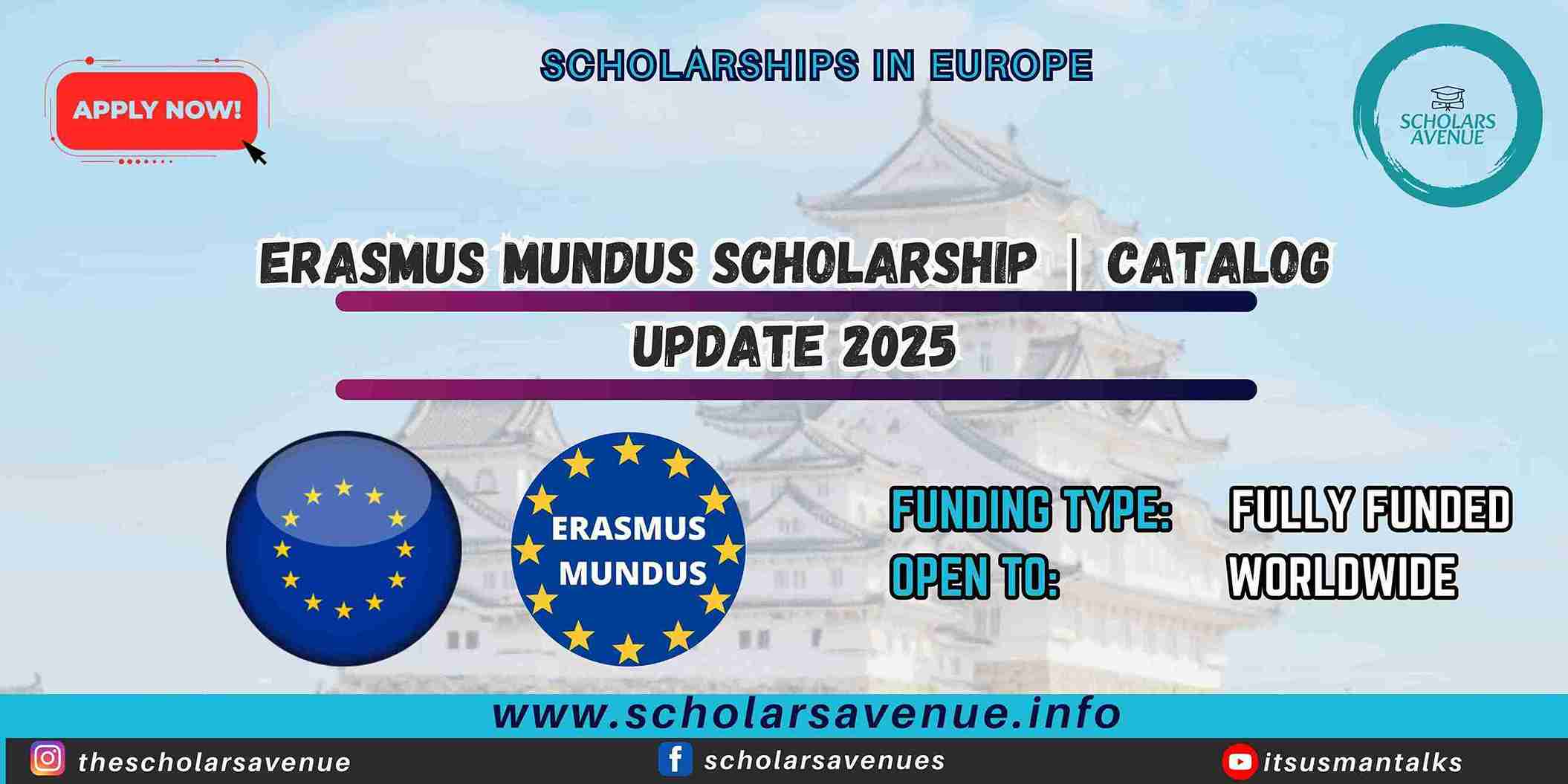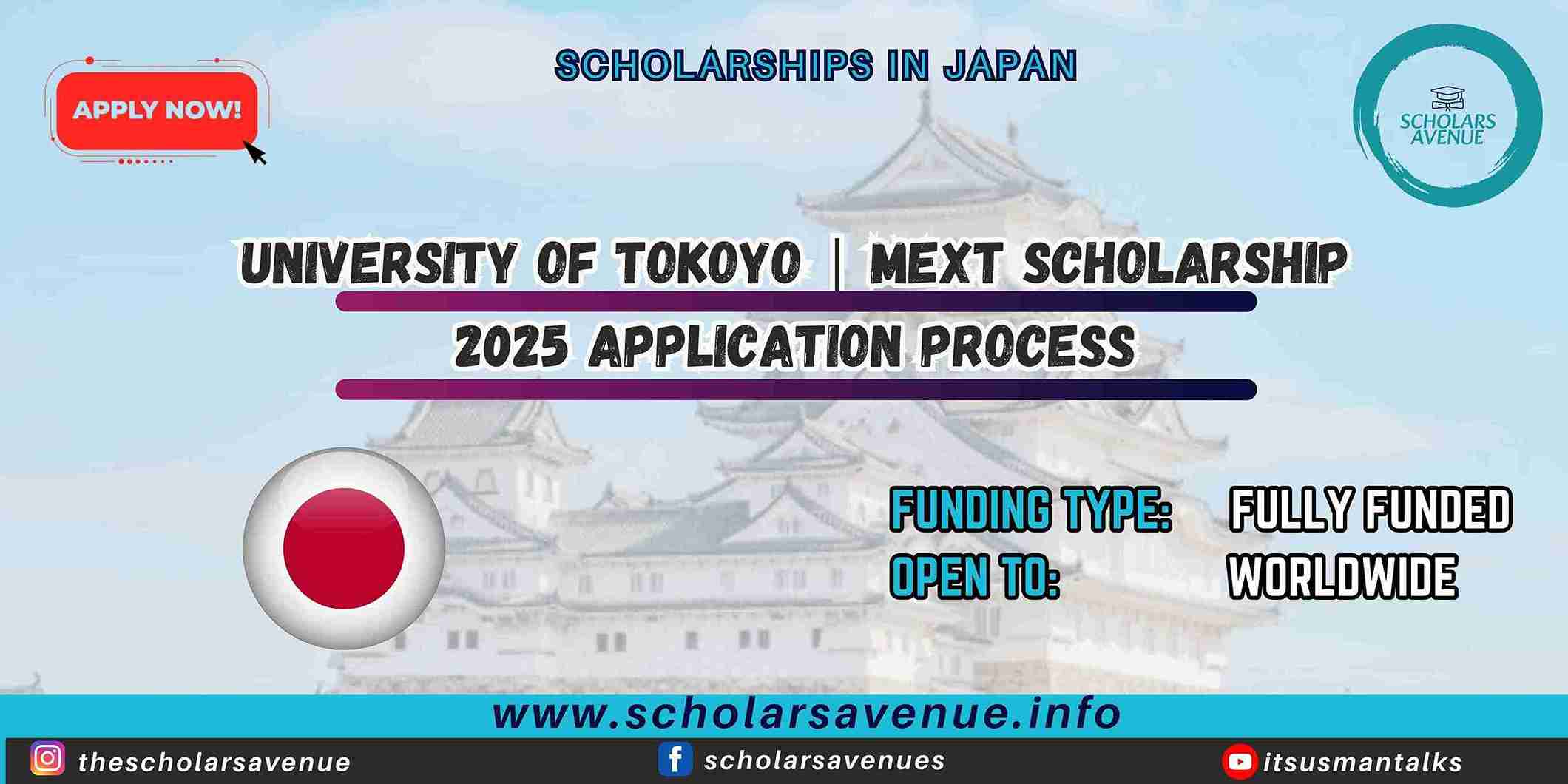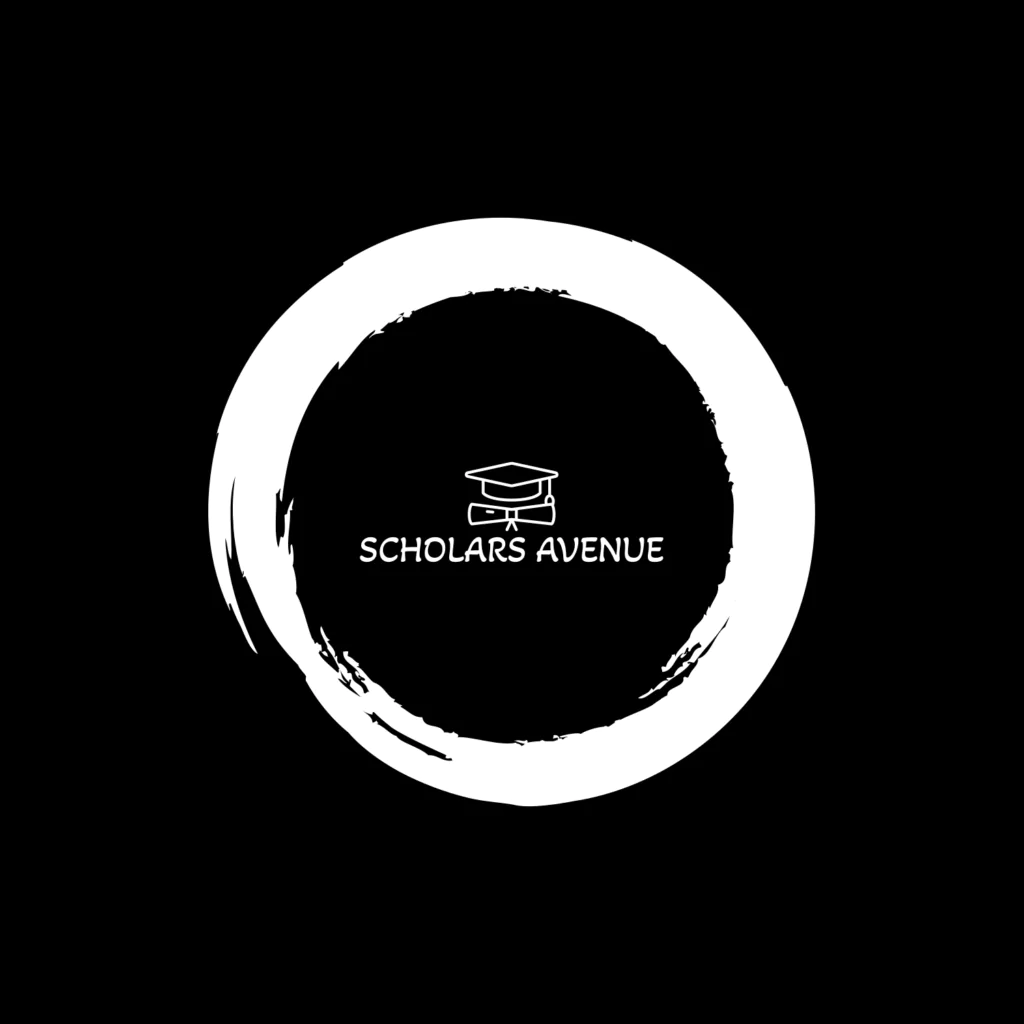Do you have a background in economics, business, management, marketing, or related disciplines and want to pursue a fully funded master’s abroad? The Erasmus Mundus program offers a unique opportunity for you with more than 190 courses in various disciplines. Here we have compiled a comprehensive list of all of the Erasmus Mundus economics and business management programs available, providing essential information for aspiring students.
List of Erasmus Mundus Economics and Business Management Programs
1. SDSI Service Design Strategies and Innovations
Emphasizes the design and innovation of services across various sectors.
Eligibility: Arts and Humanities; Social Sciences, Journalism and Information; Business, Administration and Law or Information and Communication Technologies.
2. EPS-European Politics and Society
This is one of the Erasmus Mundus Economics and Business Management Programs analyzing contemporary European politics and societal issues.
Eligibility: Social Sciences (such as sociology, political science, anthropology), Economics (including economic history and related subfields), International Relations, History, Business.
3. EGEI- Economics of Globalisation and European Integration
This is one of the main Erasmus Mundus Economics and Business Management Programs analyzing the economic impacts of globalization and European integration.
Eligibility: Degrees in economics, applied economics or related disciplines. Political Sciences, International Relations – might be considered eligible only if they have gained a sufficient number of credits in economics.
4. Children’s Literature, Media & Cultural Entrepreneurship
Explores children’s literature and its role in cultural entrepreneurship.
Eligibility: Degrees in arts and humanities (e.g. English language, literature, history, anthropology, library and information studies) or social science (e.g. education, sociology, politics) subject
5. SMACCs – MSc in Smart Cities and Communities
Focuses on the development and management of smart urban environments, integrating technology and data for sustainable city living.
Eligibility: Bachelor degree in engineering (mechanical, chemical, electrical, civil, environmental, architectural, etc.) or in sciences (physics, chemistry, mathematics, computer science, operation) or in economics BUT with an engineering background.
6. EMMIE- Impact Entrepreneurship
This program is among the Erasmus Mundus Economics and Business Management Programs focusing on entrepreneurship with social and environmental impact.
Eligibility: Open to all academic backgrounds.
7. Redesigning the Post-Industrial City (MSc RePIC)
Explores urban transformation and sustainability in post-industrial contexts, emphasizing design and planning.
Eligibility: Degrees in Architecture, Urban Design, Urban Planning, Urban Development, Geography, Civil Engineering, Environmental Engineering, Geoinformatics, Civil Engineering, Environmental Engineering, Geoinformatics, Sociology, Public Administration, Business Studies, Culture, Media and Visual Arts Studies, Other related fields of study
8. WINTOUR International Master on Wine Tourism Transitions and Innovations
Investigates wine tourism’s role in economic development and innovation within the wine sector.
Eligibility: Degrees in Social Sciences (e.g. Tourism, Economics, Business Administration, Marketing, Journalism, Geography); Natural and Experimental Sciences (e.g. Oenology/Viticulture, Agronomic/Agricultural Engineering, Food Technology, Gastronomy); or Humanities (e.g. Languages, International Relations), or other closely related fields
9. Global Environment and Development (MERGED)
Studies agricultural and environmental economics, focusing on sustainable development and resource management.
Eligibility: Degrees in Agricultural Economics/Environmental and Food Economics, Economics, Anthropology or Sociology, Forest and Landscape Engineering, Biotechnology, Biological Sciences, Economics and Business Management Sciences, Applied Sociology and Social Anthropology, Applied Geology, Biology.
10. PUBLIC SECTOR INNOVATION AND E-GOVERNANCE (PIONEER)
Focuses on innovation in public administration and e-governance strategies.
Eligibility: Degree in social sciences, political sciences, public administration, information systems, information science, informatics, engineering, business, law or equivalent.
11. Managing Art and Cultural Heritage in Global Markets
Prepares students for managing cultural heritage and art in a globalized market.
Eligibility: Degrees in History of Art, History of Collecting, Art Market and Provenance Studies, History, Social and Economic History, Economics, Business and Management, Museum and Cultural Heritage Studies, Conservation, Archaeology, Anthropology, Classics, Law.
12. GOvernance & Administration of Leisure and Sports International Master (GOALS)
Focuses on the governance and management of sports and leisure sectors.
Eligibility: Degrees in Sport management (sport sociology, sport marketing, sport communication, sport finances, sport economics, sport event management) or Management/business administration (sociology, marketing, communication, finances, economics, event management) or Sport studies (physical education, sport coaching, fitness, sport and wellness).
13. Master of Arts in Sports Ethics and Integrity (MAiSI)
Explores ethical issues and integrity within sports management and governance.
Eligibility: Degrees in Business, Management, Disability Studies, Ethics, Governance, History, Law, Philosophy, Social Sciences, Sports and Exercise Sciences
14. Global Markets, Local Creativities (GLOCAL)
Examines the relationship between global markets and local cultural expressions.
Eligibility: Degrees in History (also economic history and other subfields), Economics Majors, Business Majors, Social Sciences (sociology/political science/anthropology), Communications, International Relations, Anthropology, Other Humanities.
15. Sustainable Food Systems Engineering, Technology and Business
Focuses on sustainable practices in food systems, engineering, and technology.
Eligibility: Degrees in food science, technology, and business.
Also check, Russia Open Doors Scholarship, for Bachelors, Masters, and PhD!
16. European Public Health Master
Focuses on public health issues in Europe, emphasizing multidisciplinary approaches.
Eligibility: health-related disciplines (medicine, pharmacy, biology, nursing,…),
social sciences (sociology, economics, psychology, anthropology, geography, law, political sciences…) or business administration.
17. Se4GD-Software engineering with a purpose
Combines software engineering with social good and sustainable development.
Eligibility: Computer Science, Information Technology, Information Engineering, Information Sciences, Software Engineering, Business Informatics, Business Information
18. Public Health in Disasters
Examines public health challenges in disaster contexts.
Eligibility: Degrees in areas related to Health, Management and Administration, Laws or Social or Technical sciences, and other profiles.
19. Sustainable Forest and Nature Management (SUFONAMA)
Focuses on sustainable practices in forestry and natural resource management.
Eligibility: Relevant coursework in forestry, biology, ecology, natural resource management, nature management, physical geography
20. Master’s in Sustainable Systems Engineering (EMSSE)
Combines engineering principles with sustainability practices in various sectors.
Eligibility: Degree in Computer Engineering, Electronic Engineering, Control Engineering, Management Engineering, Biomedical Engineering, Computer Science. Also, Industrial Engineering, Mechanical Engineering, Electrical Engineering, Chemical Engineering, Applied Mathematics, and Civil Engineering can be considered
21. Techniques, Heritage, Territories of Industry (TPTI)
Explores the intersection of industrial heritage, culture, and territory management.
Eligibility: Degrees in history, art history, archaeology, anthropology, geography and regional planning or equivalent foreign qualification. Also for architects, planning professionals, cultural professionals (archeology, museology, heritage curator), economists specializing in the management of cultural heritage, professionals specializing in the management / restoration of cultural heritage (engineers, paleo metallurgists), field archaeologists and experimental archaeologists, upon validation of experience.
22. IMSISS-International Master in Security, Intelligence, and Strategic Studies
Studies security, intelligence, and strategic studies in a global context.
Eligibility: Bachelor in social sciences, philosophy, geography, literature, language sciences, law, economics and management, political science, international relations, development, cooperation, peace studies, sociology, history.
23. MARIHE-Research and Innovation in Higher Education
Focuses on enhancing research and innovation in higher education institutions.
Eligibility: Development and management of research and innovation in higher education.
24. Master in Urban Climate and Sustainability (MUrCS)
Examines urban sustainability practices in the context of climate change.
Eligibility: Fields relating to Urban Sustainability, particularly one of the main streams of the program; Planning, Management, or Science.
25. NOHA-International Humanitarian Action
Focuses on humanitarian action, policy, and practice.
Eligibility: Degrees in humanitarian action (medical sciences, foods sciences, economics and management, engineering, law, social sciences, education sciences, humanities).
26. Global Studies (EMGS)
Examines global issues through a multidisciplinary lens.
Eligibility: Humanities or social sciences (History, Area Studies, Economics, Cultural Studies, Sociology, Political Science and Human Geography).
27. MESPOM- Environmental Sciences, Policy and Management
Focuses on environmental policy and management in various contexts.
Eligibility: Agricultural studies, social sciences, legal and administrative studies, economics, engineering or natural sciences.
28. Global Forestry
Studies global forestry practices and their ecological impact.
Eligibility: Background in forestry, biology, geography, economics, sociology or political science.
29. European Master in Law and Economics
This is one of the Erasmus Mundus Economics and Business Management Programs integrating law and economics to address contemporary legal and economic issues.
Eligibility: Law or economics degrees.
30. Law, Data and Artificial Intelligence (EMILDAI)
Explores the intersection of law, data, and artificial intelligence technologies.
Eligibility: Degrees in Computing or Law (e.g. Economics, Political science and International relations).
Also check, Top Fully Funded Scholarships for 2025
31. Islands and Sustainability
Focuses on sustainable practices and policies for island communities.
Eligibility: Related fields in geography, urban/regional planning, environmental science/engineering, economics, tourism, political science or related fields
32. EMMIR-Migration and Intercultural Relations
Explores migration and its effects on intercultural relations.
Eligibility: Degrees in migration studies: e.g. Social sciences, History, Cultural studies, Educational sciences, Law, Economics, Development Studies and Journalism.
33. GLODEP-Global Policy Development
Focuses on policy development for international development and cooperation.
Eligibility: Degrees in development studies, economics, geography, international relations, and sociology.
34. MedFOR
Focuses on Mediterranean forestry and environmental management.
Eligibility: Relevant degrees in Biological Sciences, Environmental and Earth Sciences, Mathematics, Economics, Engineering, Chemistry, Biochemistry, or closely related fields.
35. Food ID
Studies food identity and its cultural significance in society.
Eligibility: Degree in scientific training or economic or sociology science.
36. Economic Policies for the Global Bifurcation (EPOG)
This is among the main Erasmus Mundus Economics and Business Management Programs analyzing economic policies in the context of global inequalities and bifurcations.
Eligibility: Degree in economics or related fields.
The Erasmus Mundus economics and business management programs provide exceptional opportunities for students aiming to enhance their knowledge and skills in a global context. With diverse specializations, these programs cater to a wide range of academic backgrounds, ensuring that aspiring professionals are well-equipped to meet the challenges of an ever-evolving job market. By participating in these programs, students can broaden their perspectives, gain valuable international experience, and make meaningful contributions to their fields.
If you’re interested in pursuing any of these Erasmus Mundus economics and business management programs, make sure to check the specific requirements for each course and prepare your application accordingly. With determination and the right qualifications, you can embark on a rewarding journey that shapes your future in economics and business management.
Looking to maximize your chances of acceptance?
Consider using our Professional Services to polish your application and stand out from the crowd.
For detailed videos on relevant opportunities check out:
Frequently Asked Questions (FAQs)
What is the Erasmus Mundus program, and how does it work?
The Erasmus Mundus program is a prestigious European scholarship initiative that offers fully funded master’s programs in a variety of fields, including economics, business, and management. It provides students with the opportunity to study in multiple countries, gain international experience, and earn a joint or multiple degree from partner institutions.
Am I eligible for an Erasmus Mundus Economics and Business Management Programs?
Eligibility depends on the specific program. Generally, candidates with a background in economics, business, management, or related fields are eligible. Some programs may also accept applicants from social sciences, humanities, or engineering disciplines. Make sure to review the eligibility criteria for each program listed on the official website.
How can I apply for Erasmus Mundus scholarships?
To apply, you must first choose the specific master’s program from the Erasmus Mundus Catalog. Then, follow the application process outlined on the official program websites, which typically includes submitting academic transcripts, a CV, recommendation letters, a motivation letter, and proof of English proficiency. Some programs may require additional documents.
Can I apply for more than one Erasmus Mundus program?
Yes, you can apply for as many Erasmus Mundus programs as you want. However, it’s important to tailor your application to each program, ensuring that you meet the specific requirements and demonstrate a strong motivation for each course.
What does the Erasmus Mundus scholarship cover?
The Erasmus Mundus scholarship typically covers tuition fees, travel expenses, a monthly living allowance, health insurance and other related costs, making it a fully funded opportunity for students. Details may vary between programs, so it’s important to check each program’s scholarship provisions.


